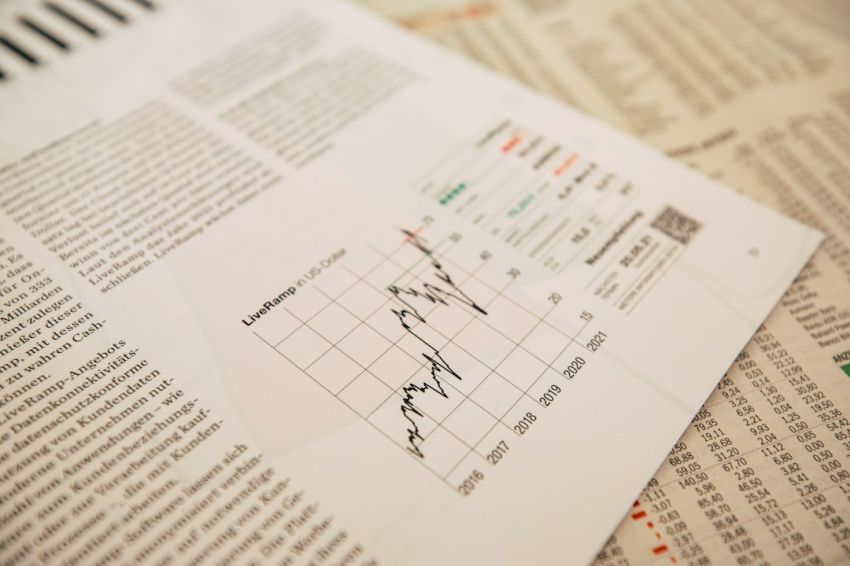Geopolitical events play a significant role in shaping commodity prices across the globe. From political unrest and trade disputes to natural disasters and global conflicts, various factors can influence the supply and demand dynamics of commodities, ultimately impacting their prices. Understanding how geopolitical events affect commodity prices is crucial for investors, traders, and consumers alike as they navigate the ever-changing landscape of the market.
The Impact of Political Unrest on Commodity Prices
Political unrest in key commodity-producing regions can have a profound impact on prices. Countries that are major exporters of commodities such as oil, natural gas, or metals are particularly susceptible to price fluctuations when faced with political instability. For example, disruptions in oil production due to civil unrest in a major oil-producing country can lead to supply shortages, driving up prices in the global market. This can have a ripple effect on other commodities that rely on oil for production or transportation, further exacerbating price volatility.
Trade Disputes and Tariffs
Trade disputes between countries can also affect commodity prices. The imposition of tariffs on imported goods can disrupt supply chains and lead to higher prices for commodities that are subject to tariffs. In recent years, trade tensions between the United States and China have had a significant impact on commodity prices, with fluctuations in agricultural products, metals, and energy commodities being particularly pronounced. Investors and traders closely monitor trade negotiations and policy decisions that could impact the flow of commodities between countries.
Geopolitical Conflicts and Security Concerns
Geopolitical conflicts and security concerns can introduce uncertainty into commodity markets, leading to price spikes and increased volatility. For example, armed conflicts in regions rich in natural resources can disrupt production and transportation infrastructure, causing supply disruptions and pushing prices higher. Geopolitical tensions in the Middle East, a major oil-producing region, have historically led to sharp fluctuations in oil prices as market participants react to the potential for supply disruptions.
Natural Disasters and Climate Events
Natural disasters and climate events can also impact commodity prices by disrupting production and supply chains. Extreme weather events such as hurricanes, droughts, or floods can damage crops, disrupt transportation networks, and affect mining operations, leading to shortages and price spikes. In recent years, climate change has exacerbated the frequency and intensity of extreme weather events, posing challenges for commodity markets that rely on stable production and distribution channels.
Market Sentiment and Risk Perception
Geopolitical events can influence market sentiment and risk perception, leading to shifts in investor behavior and commodity prices. Uncertainty surrounding geopolitical developments can create a “risk-off” environment where investors seek safe-haven assets such as gold or government bonds, leading to increased demand and higher prices for these commodities. Conversely, positive geopolitical developments or signs of stability can boost investor confidence and drive prices higher for riskier assets such as industrial metals or energy commodities.
Navigating Geopolitical Uncertainty in Commodity Markets
In conclusion, geopolitical events have a profound impact on commodity prices, shaping supply and demand dynamics, influencing market sentiment, and introducing uncertainty into trading environments. Investors, traders, and consumers must stay informed about global geopolitical developments and their potential impact on commodity markets to make informed decisions and manage risks effectively. By understanding the interconnected nature of geopolitics and commodity prices, market participants can navigate the complexities of the market and seize opportunities in a rapidly changing world.










